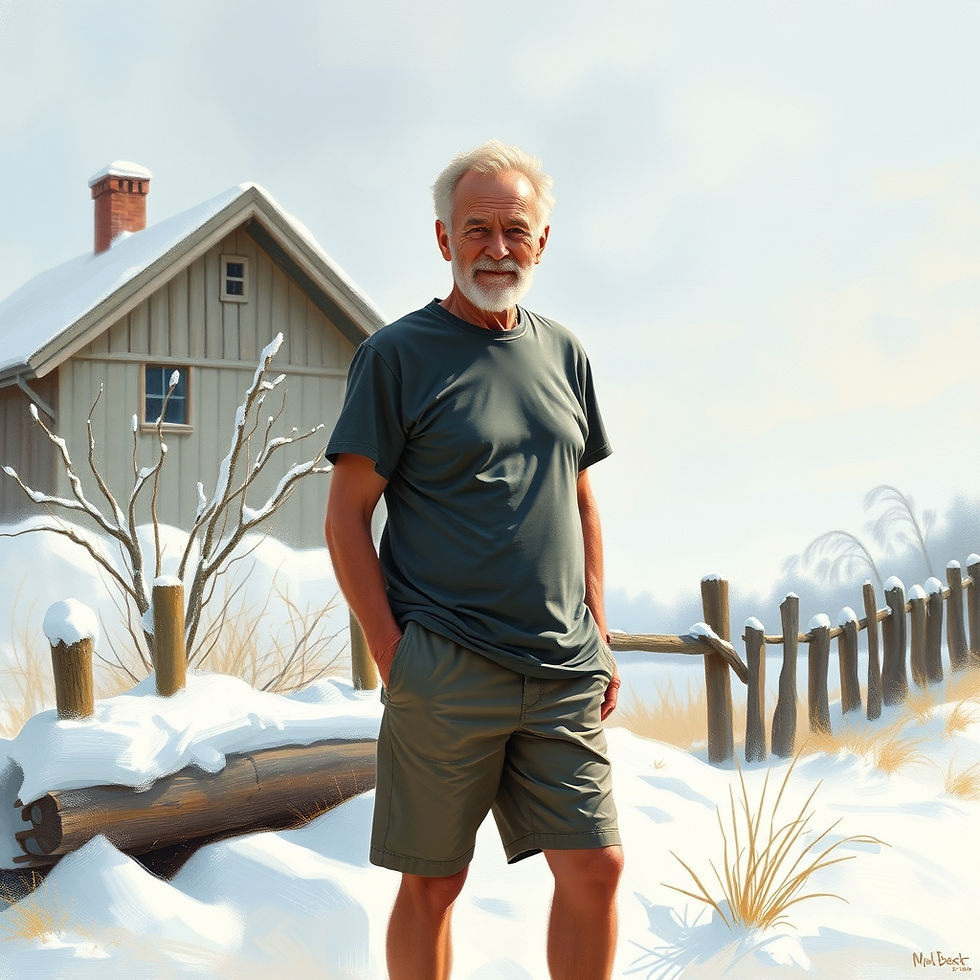Stand Down
- drjunedarling1
- May 23, 2024
- 3 min read
Patriotism is not short, frenzied outbursts of emotion, but the tranquil and steady dedication of a lifetime. Adlai Stevenson II, Fifth U.S. ambassador to the United Nations
This Monday is Memorial Day. Families often get together. We round up our local family, gather flowers and put them on graves.

I won’t be able to do that for my brother, Steve, who is not buried here, but I will remember him nevertheless. Steve, like John and me, was a veteran. He had some problems before he went into the military, and he had massive problems when he came out after being in Vietnam.
As I have mentioned before in a previous blog, we humans don’t relish killing each other. Generals know this. Research from the pre-Vietnam era uncovered that out of every hundred men along the lines of fire only 15 or 20 would actually fire their weapons at the enemy.
They weren’t running away. Many times, they helped in other ways, risked their lives to save others.
Military psychologists wrote:
“Within most people there is an intense resistance to killing other people. A resistance so strong that, in many circumstances, soldiers on the battlefield will die before they can overcome it.”
These days military leaders realize that they must do something to overcome soldiers’ reluctance to kill others. They must conjure up contempt, de-humanize, de-sensitize. Glorify killing. And they have learned how to do that.
In Vietnam, 95 percent of soldiers DID fire their weapons, but it came at a psychological cost. When our natural safeguards against killing are overridden, severe trauma can result. 2.8 million in the military suffered from PTSD.
What does that mean for these men suffering from PTSD? It means higher incidence of divorce, use of alcohol and drugs, heart disease, ulcers, and loss of jobs. Depression, anxiety, and suicide are not uncommon. And my brother, Steve, did suffer from PTSD and did kill himself. I think he just wanted to be courageous and heroic and make his life count for something (as John and I did). We have that in us. I love that about humans.
This Sunday, at Cashmere Community Church, regular services will be interrupted to show award winning film director Paul Steinbroner’s documentary Stand Down (11:00 a.m, 213 Division, Cashmere, Washington). It’s about thousands of volunteers who showed up for homeless veterans in San Diego in 1988. Now over 300 Stand Downs have occurred around the country. Veterans are seen, are held in community, are supported with dental, medical, legal, and housing help. It shows the power of community to heal (shown at the Compassion Film Festival, People's Choice Award). I find it uplifting.

On this Memorial Day, as far as I’m concerned, we can congratulate ourselves on being human. We can figure out other ways to dedicate ourselves to doing something heroic and noble which we yearn for… like Sam Hill.
Sam was a Quaker pacifist. He was the one largely responsible for the building of the International Peace Arch at the U.S/Canadian border. Part of it is in Blaine, Washington and the other in Surrey, British Columbia. I love the inscriptions. One side reads “Children of a Common Mother;” the other says “Brethren Dwelling Together in Unity.”
What can we do to water those seeds of the best in us… the heroic, the noble, the desire to save others, the desire to be brethren dwelling together in unity, and to remember those who have gone before us?
Well, here are two possibilities (in addition to your barbecue picnic and remembering those who have died in your family) over the Memorial Day Weekend.
1. If you can get to Cashmere on Sunday at 11:00, gather your friends and come watch Stand Down (30 minute documentary).
2. If you’re in other parts of the country, take a few minutes to watch A.J. Jacobs, author of It's All Relative, as he humorously shows how we are all related – The World’s Largest Family Reunion (less than 10 minutes).
And for a little fun bonus, listen to Mr. President in Reggae style, Kana Mota (less than 5 minutes)
Memorial Day is a day to remember that we humans yearn to dedicate ourselves to something great. Hurting others isn’t it. Killing is against our nature as humans. When we override our natural safeguards against killing, we can become traumatized and must bring ourselves home. That is done best in community.
How might we continue to journey together to the Good Life by finding ways to be courageous, heroic…committing ourselves to great causes and honoring those before us, holding on to our humanity as best we can, and reclaiming it when we have lost it?



Comments